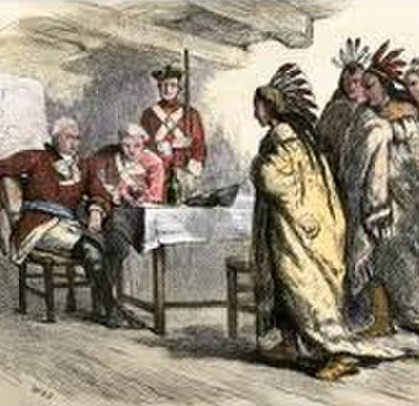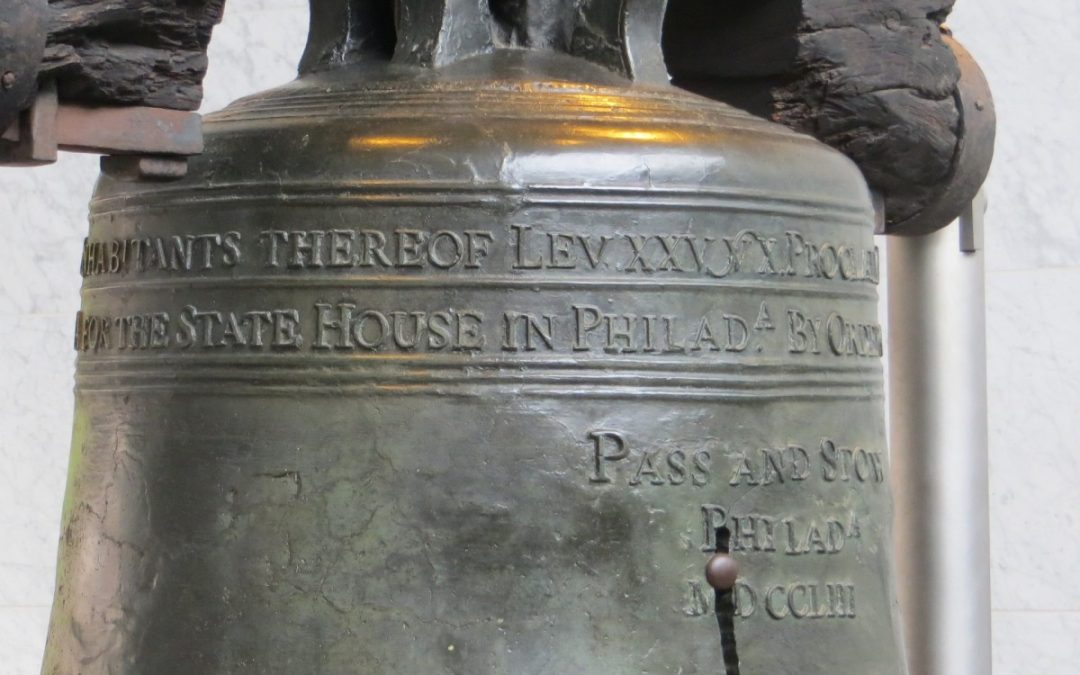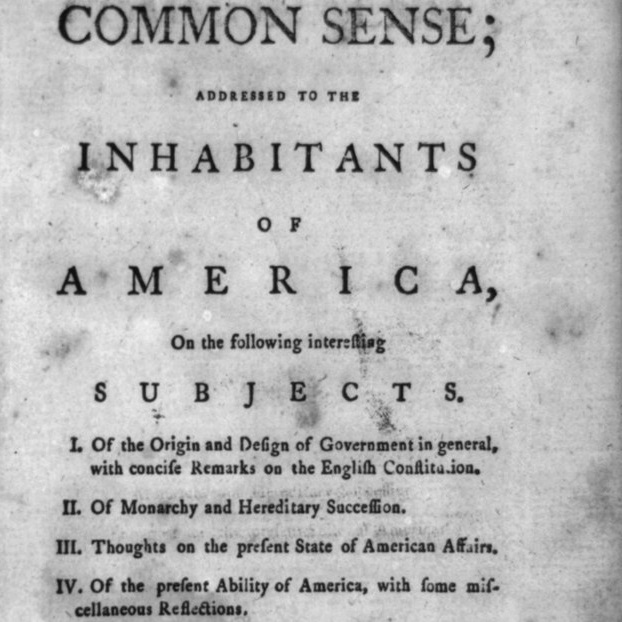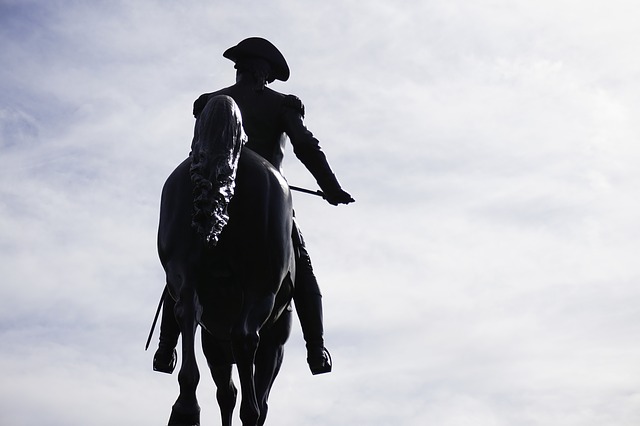by Richard Subber | Jun 19, 2022 | American history, Book reviews, Books, History, Revolutionary War
more new learning…
Book review:
Empire of Liberty:
A History of the Early Republic, 1789-1815
by Gordon S. Wood (b1933)
New York: Oxford University Press, Inc., 2009
Empire of Liberty is a finely detailed and well-informed examination of the early years of the United States.
You can trust Gordon Wood to give it all he has, and to give you a lot of new learning.
This 778-page volume is part of the Oxford History of the United States.
If you can’t read it all at once, pick it up again soon.
* * * * * *
Book review. Copyright © Richard Carl Subber 2022 All rights reserved.
Book review: The Sea Runners
…it informs, it does not soar…
by Ivan Doig
–
My first name was rain: A dreamery of poems with 53 free verse and haiku poems,
and the rest of my poetry books are for sale on Amazon (paperback and Kindle)
and free in Kindle Unlimited, search Amazon for “Richard Carl Subber”
* * * * * *

by Richard Subber | Jun 13, 2022 | American history, Book reviews, Books, History, Politics, Revolutionary War
…before the so-called Founding Fathers…
Book review:
The Unknown American Revolution:
The Unruly Birth of Democracy
and the Struggle to Create America
by Gary B. Nash
New York: The Penguin Group: Viking, 2005
The Unknown American Revolution is chock full of facts you probably don’t know about the evolution of the revolutionary spirit in the American colonies.
Here’s a hint: the leather-apron men and other lower class members of what the elites contemptuously termed “the mob” had a lot to do with it.
Gary Nash gives a book full of details demonstrating that there was a whole lot happening in the decades before the shoot-out on Lexington Green and the wrangling in Philadelphia in June and July of 1776.
The point is: there were a whole lot more folks—men and women—involved in addition to the so-called Founding Fathers.
* * * * * *
Book review. Copyright © Richard Carl Subber 2022 All rights reserved.
Book review: The Comanche Empire
this is the other story of the American West…
–
Seeing far: Selected poems with 47 free verse and haiku poems,
and the rest of my poetry books are for sale on Amazon (paperback and Kindle)
and free in Kindle Unlimited, search Amazon for “Richard Carl Subber”
* * * * * *

by Richard Subber | May 23, 2022 | American history, Book reviews, Books, Democracy, History, Politics, Power and inequality, Revolutionary War
ordinary folks had a lot to do with it…
Book review:
The Urban Crucible:
Social Change, Political Consciousness,
and the Origins of the American Revolution
by Gary B. Nash
Cambridge, MA: Harvard University Press, 1979
The Urban Crucible is a densely researched and fully explored comparative history of the economic, social, and political environments in Boston, New York, and Philadelphia during the late 17th and early 18th centuries.
Here’s my hint: there was more well-informed “mob” action than you have read about in other histories.
The early colonial experiences in the three principal seaport towns are vividly contrasted and authoritatively explained. Nash candidly digs deep and deeper into a wide range of primary sources. The sins and the heroics of the leadership elite and the “leather apron” artisans and the anonymous working poor are examined in profoundly realistic historical context.
You can’t read The Urban Crucible and not learn a lot.
* * * * * *
Book review. Copyright © Richard Carl Subber 2022 All rights reserved.
Is the public interested in public interest news?
Isn’t news the new stuff you suddenly want to know?
–
In other words: Poems for your eyes and ears with 64 free verse and haiku poems,
and the rest of my poetry books are for sale on Amazon (paperback and Kindle)
and free in Kindle Unlimited, search Amazon for “Richard Carl Subber”
* * * * * *

by Richard Subber | May 13, 2022 | American history, Book reviews, Books, History, Revolutionary War
It’s historical, but it’s not history…
Book review:
The Liberty Bell
by Gary B. Nash
New Haven, CT: Yale University Press, 2010
The Liberty Bell is lavishly detailed, and it’s a quick read. Give it a try.
Much of what you “know” about the Liberty Bell isn’t quite right. For starters, the dramatically cracked icon sitting in the Independence National Historical Park in Philadelphia isn’t the “real” bell ordered in 1752 by the Pennsylvania Provisional Assembly. The original bell cracked the first time it was rung, and it was melted and recast as the one-ton bell we now think of as “the” Liberty Bell. It was cracked in the middle of the 19th century. It doesn’t ring any more.
It wasn’t called the “Liberty Bell” until about 50 years after the Revolutionary War started, when it was “adopted” as an icon of freedom by anti-slavery advocates.
I remember seeing the Liberty Bell in Philadelphia in the 1950s when I was a child. I think the guards said nobody could touch it, but I think I put my finger on it when they weren’t looking.
* * * * * *
Book review. Copyright © Richard Carl Subber 2022 All rights reserved.
Book review:
Clotel, or The President’s Daughter
by William Brown,
America’s first black novelist
–
Seeing far: Selected poems with 47 free verse and haiku poems,
and the rest of my poetry books are for sale on Amazon (paperback and Kindle)
and free in Kindle Unlimited, search Amazon for “Richard Carl Subber”
* * * * * *

by Richard Subber | Apr 16, 2022 | American history, Book reviews, Books, Democracy, History, Politics, Revolutionary War
He didn’t mention the “k” word…
Book review:
Common Sense
by Thomas Paine
Isaac Kramnick, ed., intro.
New York: Penguin Books, 1986
When I re-read a classic, I try to prepare myself for a couple “aha!” moments and one or two “uh oh!” moments.
I wasn’t disappointed in reading Common Sense this time.
Paine first published (anonymously) his 47-page “pamphlet” on January 10, 1776, after the shooting at Lexington-Concord and before the Declaration of Independence was approved.
Of course, everyone knows Paine argued for “independance” (his 18th century spelling).
This time around, it’s of interest to me to note that Paine very carefully avoided directly challenging King George III by name or even by spelling out his title—the text is full of “k—” references. Paine fully and explicitly described and condemned the bad things that old George was doing and likely to do.
Also, it’s of interest to me that Paine notably includes in his arguments for “independance” that America’s trade and international commerce would be buttressed by separation of the British colonies from Britain. He freely uses “America” and “Americans” in referring to the colonies and the colonists, although a huge majority of English colonists likely thought of themselves as “British” citizens.
Paine gives ample space to biblical themes.
Common Sense was widely and repeatedly republished in 1776 and thereafter—it was astoundingly popular in America, Britain, and elsewhere. Historians suspect that 75,000-100,000 copies were printed.
* * * * * *
Book review. Copyright © Richard Carl Subber 2022 All rights reserved.
The “dime novels” in the Civil War
Think “blood-and-thunder”…
–
My first name was rain: A dreamery of poems with 53 free verse and haiku poems,
and the rest of my poetry books are for sale on Amazon (paperback and Kindle)
and free in Kindle Unlimited, search Amazon for “Richard Carl Subber”

by Richard Subber | Sep 13, 2020 | American history, Book reviews, Books, History, Revolutionary War
Book review:
An Empire on the Edge:
How Britain Came to Fight America
by Nick Bunker
Here’s the short version of Nick Bunker’s thesis:
King George and his government
let the North American colonies slip from their grasp.
A newcomer to the history of the American Revolution might think that this book is a cockeyed way to learn about the “shot heard ‘round the world” and the consequences of the shooting at Lexington and Concord on April 19, 1775.
An informed student of the Revolutionary War probably will find much new material in Bunker’s relentlessly detailed An Empire on the Edge: How Britain Came to Fight America.
On our side of the pond, we don’t have much opportunity to consider the war or the revolution from the British point of view.
Bunker offers devastating detail about the ill-informed, patronizing, self-serving, doctrinaire, and sometimes feckless actions of Lord North and the British government in the years that led to the sanguinary clash of British regulars and American farmers-militiamen on the road from Concord, through Lexington, to Boston on “that famous day and year.”
An Empire on the Edge offers extensive documentation confirming that the British leaders were largely ignorant of the scope and depth of colonial antipathy toward the various punitive measures that Britain sought to impose in North America, as early as 1765 (the Stamp Act) and continuing to the final, ill-fated steps to chastise the city of Boston after the notorious Tea Party in late 1773.
Bunker describes the half-cocked military moves by Lord North and his ministers in the years leading up to the disastrous outing to Lexington-Concord. The king and his government were not prepared to wage war successfully in North America, partly because they waited too long to believe that the colonists actually would fight, and partly because they disdained the colonials’ fighting capacity, and partly because they put higher priority on their Caribbean sugar colonies, and partly because they were pre-occupied with the military threat posed by France and various European intrigues.
 Bunker doesn’t speculate on a question that occurs to me: after that first shot was fired at Lexington, did the British really commit themselves to winning the war?
Bunker doesn’t speculate on a question that occurs to me: after that first shot was fired at Lexington, did the British really commit themselves to winning the war?
The king and his government made the commitment to fight. They did not, however, at any time before or during the war, commit all the king’s horses and all the king’s men to the military campaign to regain dominion in North America. As the fighting began, a British victory was not immediately feasible. Perhaps it did not become feasible.
Bunker’s analysis of the planning and wrangling in Lord North’s war room suggests that the British wanted to win, but never pushed the right strategic buttons to bring victory within their grasp.
Book review. Copyright © Richard Carl Subber 2016 All rights reserved.
———
Book review: An Empire Divided
King George and his ministers
wanted the Caribbean sugar islands
more than they wanted the 13 colonies…
by Andrew Jackson O’Shaughnessy
–
In other words: Poems for your eyes and ears with 64 free verse and haiku poems,
and the rest of my poetry books are for sale on Amazon (paperback and Kindle)
and free in Kindle Unlimited, search Amazon for “Richard Carl Subber”





 Bunker doesn’t speculate on a question that occurs to me: after that first shot was fired at Lexington, did the British really commit themselves to winning the war?
Bunker doesn’t speculate on a question that occurs to me: after that first shot was fired at Lexington, did the British really commit themselves to winning the war?